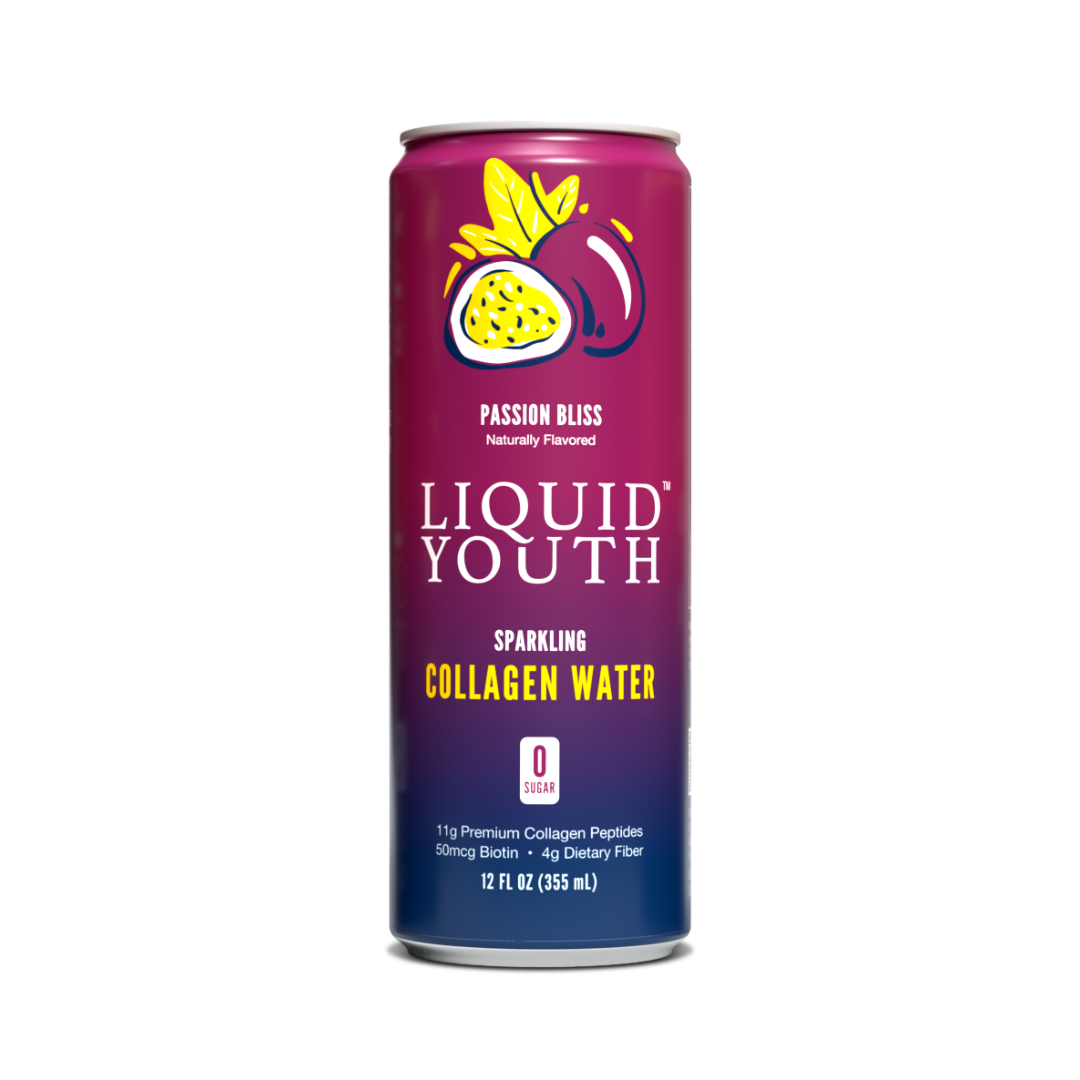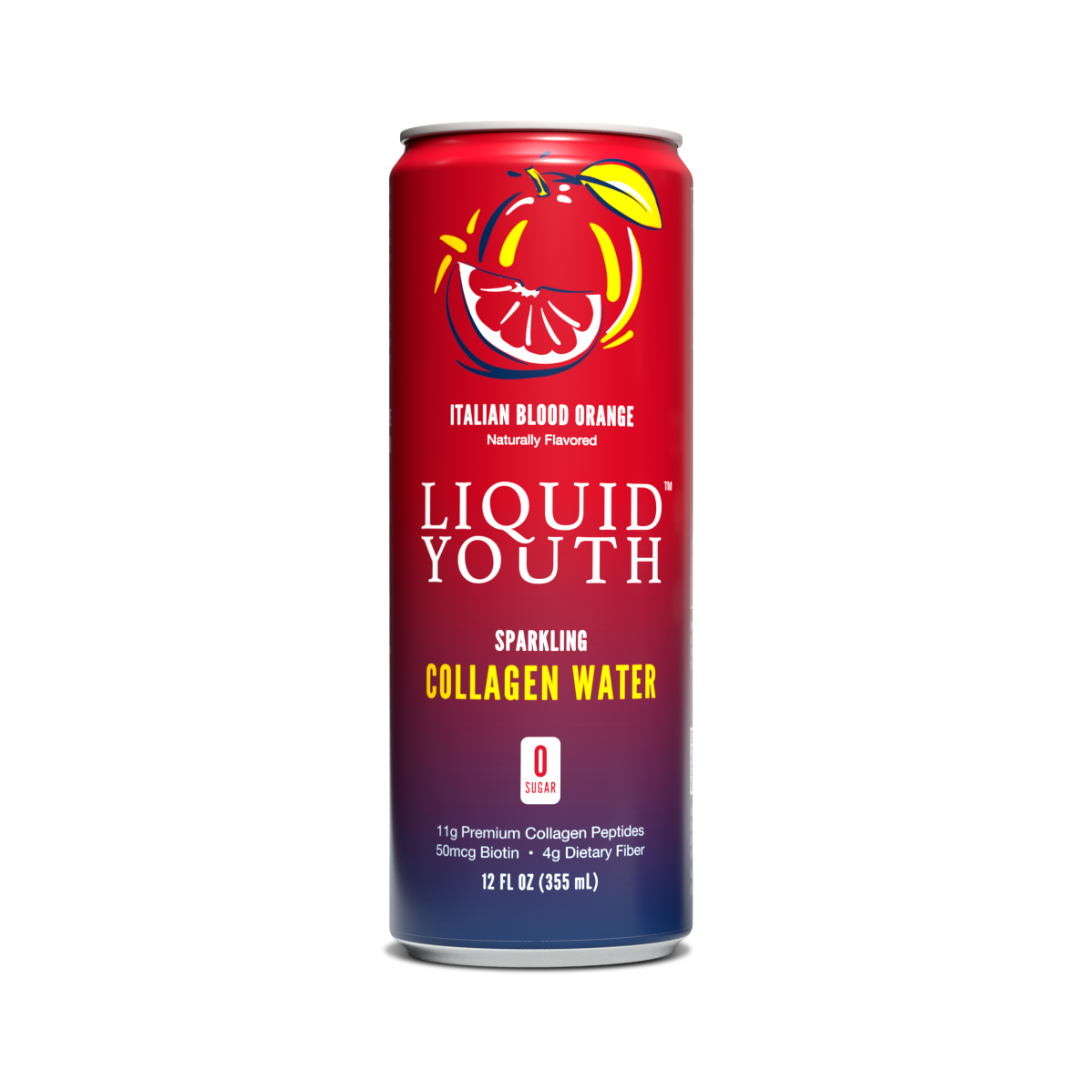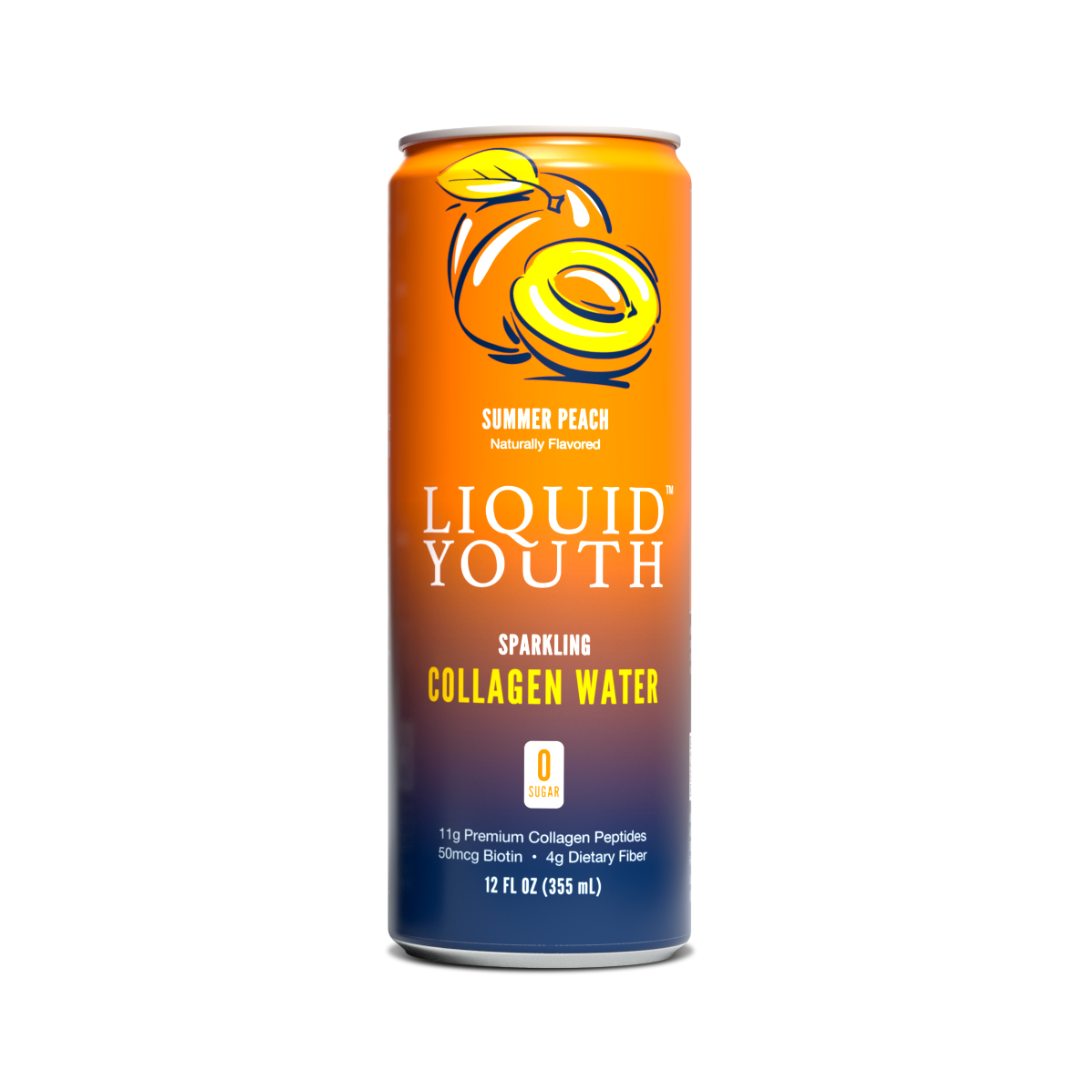Are the Benefits of Bovine Collagen Peptides the Same as Marine Collagen Peptides Summary
• The benefits of bovine collagen peptides are comparable to those of marine collagen, challenging previous assumptions that marine peptides are better.
• Marine and bovine collagen peptides are absorbed similarly in the bloodstream, with minimal differences in their bioavailability.
• Collagen products from different sources (fish and bovine) may be used interchangeably for improving skin, joints, and overall health.
Collagen Peptides: Exploring the Benefits of Bovine Collagen Peptides
New studies have revealed the benefits of bovine collagen peptides for skin and joint health.1-3 Bovine collagen peptides come from the skin, bones, and tendons of cattle. These peptides are an important source of collagen, which is a key protein that gives structure to our bodies. Collagen peptides are absorbed in the small intestine after being broken down into smaller bioactive peptides through digestion. Collagen peptides come from various animal sources, including fish, pigs, chicken, and cows, and are popular supplements for skin health, joint support, and more.4
Most people don’t realize, but there is a difference between collagen and collagen peptides. Bone broth is made by simmering animal bones and connective tissues. It's rich in collagen, but it probably won’t taste very good, or you can consume unflavored collagen peptides. Think of collagen peptides like a smoothie. Just as blending a piece of fruit makes it easier for your body to digest, collagen peptides are already "blended," making them easier for your body to absorb than whole collagen. The benefits of bovine collagen peptides have been a topic of interest for researchers and consumers alike.
Marine Vs Bovine Collagen Peptides: Is There a Difference?
Collagen peptides are short chains of amino acids that are more easily absorbed by the body compared to whole collagen.4 These peptides are extracted from animal sources, most commonly marine (fish) and bovine (cow) collagen. It's been advocated that marine collagen peptides offer better bioavailability (how well your body absorbs a substance) compared to bovine collagen peptides.5,6
Marine collagen peptides are smaller particles than bovine collagen peptides and have been advocated to have greater bioavailability.7 Marine collagen peptides typically have molecular weights between 300–5,000 Daltons. Bovine collagen peptides, derived from bovine hides or bones, usually have molecular weights between 2,000–10,000 Daltons. While marine collagen peptides have been advocated to offer better bioavailability, a recent study suggests that the benefits of bovine collagen peptides may be equally impressive. The study suggests that the differences between marine and bovine collagen bioavailability may not be as significant as we've believed.8
The Study: Understanding Collagen Bioavailability
In this study, the researchers set out to determine whether the body absorbs marine or bovine collagen more efficiently. Bioavailability refers to the fraction of a nutrient or bioactive compound that can be absorbed into the bloodstream from food and is available for the body to use. Factors like food processing, food composition, and individual differences in digestion can affect nutrient bioavailability.9,10
A small group of healthy, non-smoking individuals consumed collagen hydrolysates from marine, bovine, and porcine sources, and their blood was analyzed over several hours. Surprisingly, the results showed that the body absorbs marine and bovine collagen peptides in very similar ways. While slight differences were noted in specific peptides found in the blood, the overall conclusion was that both marine and bovine collagen peptides lead to significant increases in bioactive peptides, like hydroxyproline, which is essential for maintaining skin and joint health.
Key Findings on the Benefits of Bovine Collagen Peptides
What the researchers found might surprise some: the body absorbs collagen peptides from marine and bovine sources in very similar ways. This discovery emphasizes the potential benefits of bovine collagen peptides as a viable alternative to marine sources. While there were slight differences in the specific peptides that appeared in the blood, the overall conclusion was that both marine and bovine collagen lead to significant increases in bioactive peptides like hydroxyproline, which plays a vital role in maintaining skin and joint health. Despite some differences in peptide absorption, the study suggests that collagen from different sources can be used interchangeably for health applications. This is particularly relevant for consumers looking for flexibility in their supplement choices.
What This Means for Consumers: Embracing the Benefits of Bovine Collagen Peptides
So, what does all this scientific data mean for someone who's simply trying to improve their skin, joints, or overall health with collagen supplements?
1. Choose the Collagen Peptide that Best Fits Your Lifestyle: If you've been debating whether to choose marine or bovine collagen, the study suggests that the choice may not matter as much as you think. The study suggests that the benefits of bovine collagen peptides are comparable to marine sources. Both types of collagen are effective at increasing key peptides in your body. You might opt for marine collagen if you're vegetarian or pescatarian or prefer a more sustainable option. On the other hand, bovine collagen is often more affordable and widely available.
2. Interchangeability of Sources: One of the standout findings from this research is the interchangeability of collagen sources. Whether it's marine, porcine, or bovine, they all significantly increase the same key peptides. This means that for practical purposes, you can choose a collagen supplement based on personal preference, budget, or ethical considerations without worrying too much about absorption differences.
3. Health Benefits Are Still Real: Whether you choose marine or bovine collagen, both sources provide rich amino acids that support skin hydration, joint health, and overall body maintenance. The benefits of bovine collagen peptides in these areas are on par with marine sources, offering consumers more options for their health regimens.
FAQs
What are bovine peptides, and how do they work?
Bovine peptides are bioactive proteins derived from cow collagen. They promote tissue repair, improve joint health, and support muscle growth by stimulating collagen production.
Can bovine peptides improve skin health?
Bovine peptides can significantly improve skin health by promoting collagen production, reducing wrinkles, and enhancing skin elasticity.
How long does it take to see the benefits of bovine peptides?
Most people begin to see the benefits of bovine peptides within a few weeks of consistent use, although results may vary based on individual health conditions.
References
1. Aubry, L., De-Oliveira-Ferreira, C., Santé-Lhoutellier, V. & Ferraro, V. Redox Potential and Antioxidant Capacity of Bovine Bone Collagen Peptides Towards Stable Free Radicals, and Bovine Meat Lipids and Proteins. Effect of Animal Age, Bone Anatomy and Proteases—A Step Forward Towards Collagen-Rich Tissue Valorisation. Molecules 25, 5422 (2020). https://doi.org/10.3390/molecules25225422
2. Larder, C. E., Iskandar, M. M. & Kubow, S. Collagen Hydrolysates: A Source of Bioactive Peptides Derived from Food Sources for the Treatment of Osteoarthritis. Medicines 10 (2023).
3. Santhanam, R., Rameli, M. A. P., Jeffri, A. A. & Ismail, W. I. W. Bovine Based Collagen Dressings in Wound Care Management. Journal of Pharmaceutical Research International, 48-63 (2020). https://doi.org/10.9734/jpri/2020/v32i3330949
4. Larder, C. E., Iskandar, M. M. & Kubow, S. Collagen Hydrolysates: A Source of Bioactive Peptides Derived from Food Sources for the Treatment of Osteoarthritis. Medicines 10, 50 (2023).
5. Gaikwad, S. & Kim, M. J. Fish by-Product Collagen Extraction Using Different Methods and Their Application. Marine Drugs 22, 60 (2024). https://doi.org/10.3390/md22020060
6. The Effectiveness of Oral Fish Collagen Supplementation on Skin Aging: A Systematic Review and Meta-Analysis of Skin Hydration, Skin Elasticity, and Skin Wrinkles. American Journal of Dermatological Research and Reviews (2023). https://doi.org/10.28933/ajodrr-2023-01-0505ig
7. Geahchan, S., Baharlouei, P. & Rahman, A. Marine Collagen: A Promising Biomaterial for Wound Healing, Skin Anti-Aging, and Bone Regeneration. Marine Drugs 20 (2022).
8. Virgilio, N. et al. Absorption of bioactive peptides following collagen hydrolysate intake: a randomized, double-blind crossover study in healthy individuals. Frontiers in Nutrition 11 (2024). https://doi.org/10.3389/fnut.2024.1416643
9. Parada, J. & Aguilera, J. M. Food microstructure affects the bioavailability of several nutrients. J Food Sci 72, R21-32 (2007). https://doi.org/10.1111/j.1750-3841.2007.00274.x
10. Sun, X., Acquah, C., Aluko, R. E. & Udenigwe, C. C. Considering food matrix and gastrointestinal effects in enhancing bioactive peptide absorption and bioavailability. Journal of Functional Foods 64, 103680 (2020). https://doi.org/10.1016/j.jff.2019.103680





















